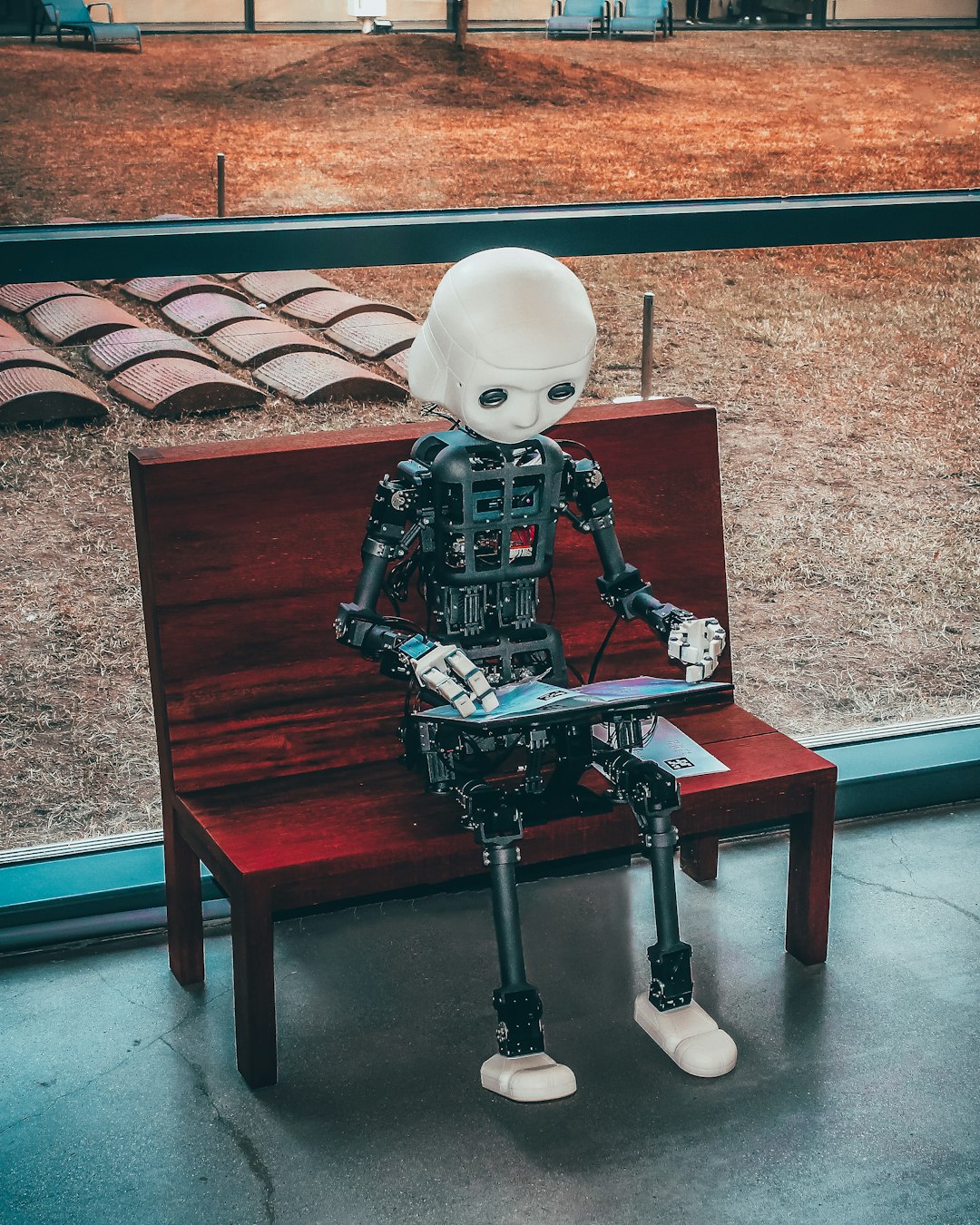AI, or Artificial Intelligence, is not a sci-fi movie plot anymore; it's here, shaking up industries and making our lives easier, one algorithm at a time. But how does one get into this exciting field? Is it a requirement to be a genius or a descendant of Albert Einstein? Do we need to understand the language of the robots? Or maybe we need to play chess? Well, not exactly. Although, if you do play chess, that might help you understand some of the strategic aspects of AI. But worry not, because in this article we'll break down everything you need to know about the qualifications needed to start developing for AI. So get ready to go on a journey, like Neo in the Matrix, and discover what it takes to become an AI developer.
Understanding Programming Languages: A Necessity for AI Development
Before diving into AI development, it's essential to have a solid understanding of programming languages such as Python, Java, and C++. These languages form the backbone of many AI systems and are often used in conjunction with one another. Python, for example, is a popular choice for AI development due to its simplicity and extensive library support for tasks such as data analysis and machine learning. Java is another widely used language in AI development, particularly in enterprise environments, due to its platform independence and security features. C++ is also commonly used in AI development, particularly for tasks that require low-level memory management and high performance, such as computer vision and robotics. In summary, a strong foundation in these programming languages is crucial for anyone looking to embark on AI development, as they provide the tools necessary to build and implement intelligent systems.
 Image by neom
Image by neom
Mathematics and Statistics: The Backbone of AI Development
Mathematics and statistics play a vital role in the development of Artificial Intelligence (AI). These subjects provide the fundamental concepts that form the backbone of AI algorithms. For instance, linear algebra is used in machine learning to optimize large-scale systems, while calculus is employed to minimize error rates in AI models. Moreover, probability theory is a critical component in AI decision-making processes. This section will delve into the significance of these mathematical concepts in AI development, exploring how they contribute to the design, implementation, and optimization of AI systems.
 Image by santesson89
Image by santesson89







